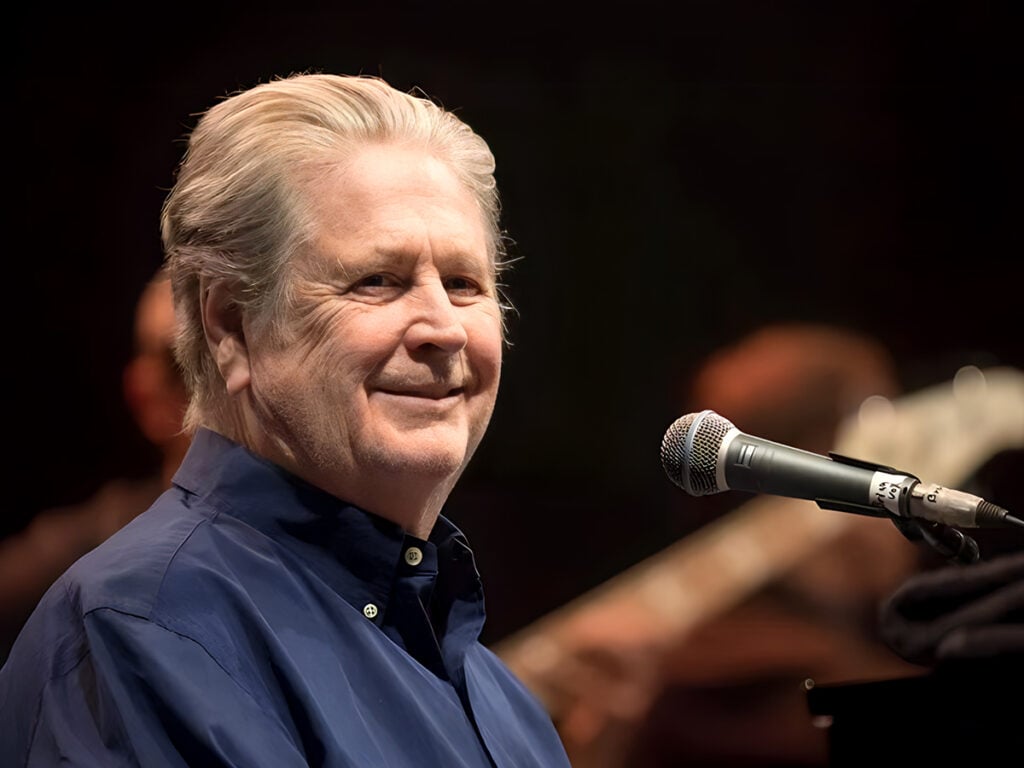I have read a lot of pieces lately that thundered about the many infamies of Donald Trump. It’s certainly not hard to compile such a list, or to get upset about it, but I’m reminded of the aftermath of Brexit, when stunned/outraged remainers liked to enumerate, over and over, the many reasons why Brexit was wrong, why leavers had lied etc etc. In both cases (or all three cases, given that Trump is in his second term) what I think these pieces fail to engage with is the fact that people voted for Brexit and voted for Trump – a majority in the case of Brexit and Trump Mk. 2 – and did so in spite of all these many arguments against.
It should be obvious by now that what we are calling ‘populism’ is not just a glitch or temporary aberration from which we will one day return to the comfort of the old familiar world. That world is history now. It’s gone. If you are going to accuse Brexiters and Trumpers of harking back to a mythical golden age, then don’t do the same thing yourself. We’re here now, and wishing you didn’t have to start from here is as futile in politics as it is in personal life. You have to ask yourself why those things did happen.
Why did people vote for things you hate and not for the things you wanted? Why did they ignore all the wise counsel, all the expert advice? The answers often given are either that people were duped by bad actors and foreign dictators, or that they were in some way morally bad themselves (racists, bigots, misogynists perhaps – or wilfully ignorant – or only interested in their own financial gain…) I have seen both remainers and Democrat voters speaking of those who voted the other way almost in the way that religious folk talk about sinners. I have seen both remainers and Democrats say they are not prepared to ‘forgive’ those who voted the other way, even if they subsequently change their minds. (I mean, come on! You’re talking about people here whose votes you’re going to need!)
I have also heard many remainers say that people should not have been allowed a vote on EU membership (something, incidentally, that in relatively recent times has been a manifesto commitment of Greens and Liberal Democrats as well as of the Tories) or that the outcome of the vote should have been ignored. Casting your opponents as the dupes of saboteurs and foreign agents, demonizing them as evil, denying them the vote, or overruling votes that they win are surprisingly Stalinist moves to come from the supposedly liberal side of the argument. They also fail to engage with the new reality.
The people who voted for Trump 2.0 or for Brexit are not some small minority cult. They were more than half of those who turned out to vote. Of course they are deluded, but to varying degrees we all are. We all have our own dreams and fantasies, designed to comfort and reassure us that we are the good guys, that we are entitled to what we have, and that the ‘precious ordinary’* that makes us feel secure can somehow be preserved. And even the clearest-eyed among us project these fantasies into the political sphere where there are in fact no certainties, and no experts who can tell us for sure what the consequences might be of any particular action.
Politicians of all stripes seek to win our votes by pursuading us that they will nurture the things we cherish, and typically fail to live up to their own rhetoric. (Quick thought experiment: imagine that by some electoral freak, the Green Party, who I sometimes vote for myself, had won the last UK election. Would the gap between aspirational rhetoric and practical reality by this point have been any less wide than the gap between Leaver rhetoric and Brexit in practice?) We all know you can’t take politicians’ rhetoric literally, but we try anyway to choose the options we find the most reassuring, and in Britain in 2016 and America in 2024 that was, for a small majority, respectively Brexit and Trump. Unless the opponents of these things are willing to engage with that fact and address the fears and insecurities that Brexit and Trump apparently do address, then they’ll continue to lose, no matter how loudly they thunder their outrage.
The liberal elite/experts. Voting for Brexit involved voting against the recommendations of all the major political parties in mainland Britain, most of the intelligentsia, most business leaders, and most economists and bankers. Instead of asking, ‘how could people be so stupid as not to listen to all those wise, successful, and knowledgeable people?’, a more productive question might be, ‘why are all those voters so distrustful of the whole educated class?’ (I’m going to write another post about this soon, but previous thoughts here and here.)
Disruption. Also, instead of asking the question, ‘how could people be so reckless as to do such damage to so many precious things?’ it might be more useful, even just from a self-interested, strategic point of view, to ask ‘why are people willing to risk so much?’, or ‘what is it about major disruption that appeals to so many people?’, or ‘why does what seems precious to me, not seem equally precious to all these compatriots of mine?’
Globalisation. Both Trump’s programme and Brexit place a strong emphasis on restricting migration from other countries, and putting up barriers to international trade. While it’s possible to respond to this with a lot of thundering about racism, xenophobia, inward-looking nationalism, and how you ‘don’t recognise your own country anymore’ and are going to move somewhere else, it would also be reasonable to ask why so many people are hostile to economic globalisation.
It doesn’t require rocket-science levels of expertise to guess at answers to that one. Why would anyone be a fan of having their job outsourced to another country, or of having to compete for work with people from poor countries who are willing to work for much less, and put up with much worse conditions, than you’ve learned to think of as your due? There are no easy answers here -even people who are threatened by globalisation as producers, are beneficiaries of it as consumers – but these are reasonable concerns and, however simplistically, the populists address them while the old mainstream politics really didn’t.
Even concerns about losing a community of likeminded folk and being surrounded by people with an entirely different culture are actually reasonable ones -as any impeccably liberal person knows who prefers to live in a nice bougie part of town with likeminded neighbours. Populists are prone to address such concerns with dangerous rhetoric that encourages racist hostility, but mainstream parties have historically dismissed the concerns themselves as racist.
I saw someone saying the other day that it was time we understood that migration was part of human life and always has been. This is perfectly true. Every human being on Earth is descended from someone who came from somewhere else. But it would be equally true to say that frontiers, and restrictions on movements across frontiers, are part of life and always have been. If we want grownup politics that deals with reality, let’s try not to cherrypick the bits of reality that suit us and pretend the others don’t exist.
*The phrase ‘the precious ordinary’, a favourite of my wife’s, comes from Benediction by Kent Haruf, a novelist of small lives in small forgotten places.

